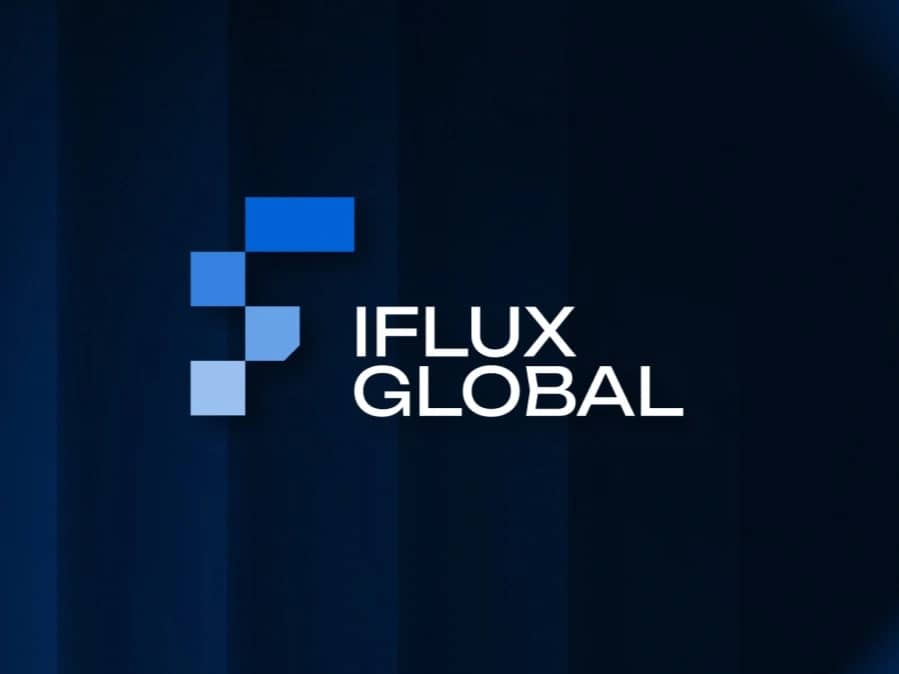订阅 wiki
Share wiki
Bookmark
iFlux Global
0%
iFlux Global
iFlux Global 是一个 中心化金融 (CeFi) 平台,使用户能够通过分期付款计划购买代币,从而逐步获取数字资产,而无需全额预付款。该平台旨在通过为代币购买提供灵活的支付选项,使 加密货币 投资更易于访问。 [2]
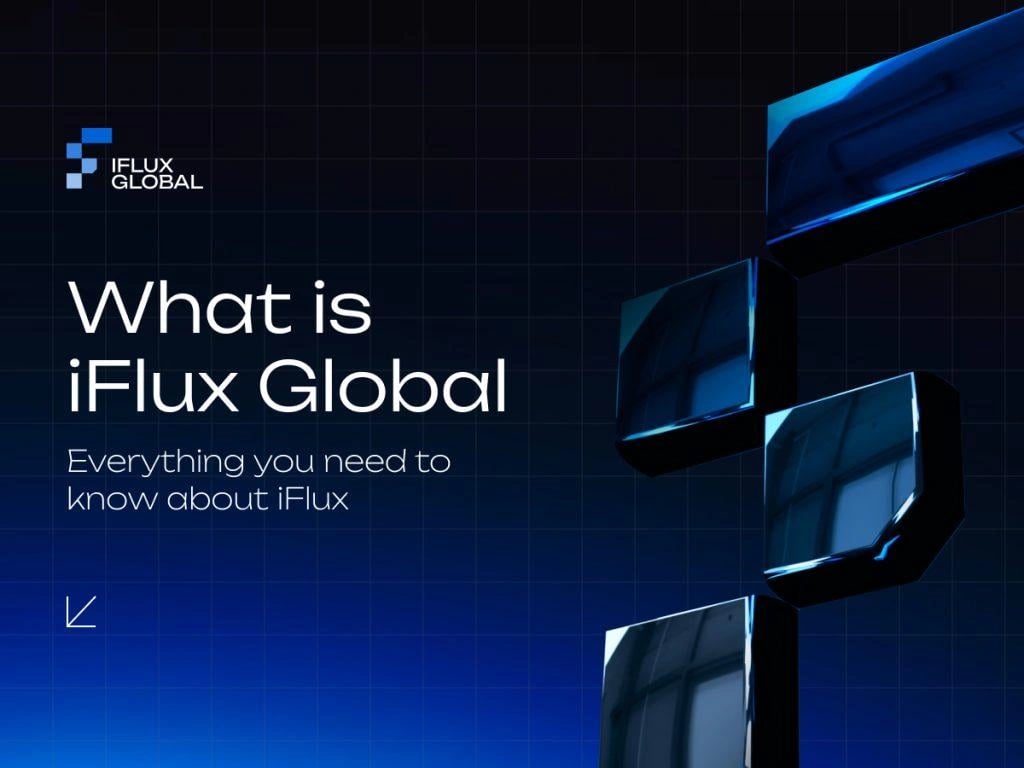
概述
iFlux 作为 DeFi 生态系统中的代币分期服务运营,旨在解决通常与加密货币投资相关的高额前期成本障碍。该平台允许用户通过随时间安排的付款来获取代币,而不是一次性支付全部购买金额。这种方法通过使资本有限的投资者能够参与可能在经济上遥不可及的代币收购,从而普及了对数字资产的访问。
该平台通过 智能合约 运作,智能合约管理分期付款流程,将代币保存在托管中,直到付款完成,同时在整个交易生命周期中提供透明度和安全性。iFlux 的模型代表了加密货币购买机制的演变,将传统金融概念(如分期付款)引入 区块链 领域。根据最新数据,该平台报告共有 2,905 名注册用户和 1,161 份活跃的分期付款合同。这些合同的累计价值约为 512 万美元,反映了用户对其结构化加密货币购买模式的参与。 [4]
工作原理
iFlux 代币分期付款流程遵循结构化的工作流程:
- 首付款:用户支付总代币价值的 15%(最低)到 85%(最高)的首付款,以启动分期付款计划。
- 合同创建:在支付首付款后,会生成一份分期付款合同,其中概述了条款,包括:
- 代币总额
- 付款时间表(分为 10 个相等的部分)
- 利率(根据代币波动性而变化)
- 期限(从 10 天到 12 个月不等)
- 代币分配:平台根据预定的时间表分配购买的代币
- 初始代币领取:成功注册 12 小时后,一部分代币可供领取
- 分期付款:用户根据 10 期时间表定期付款
- 代币释放:在每次成功分期付款后,都会释放额外的代币部分,首付款金额在最后一次分期付款后转换为所需的代币。
交换功能
iFlux Global 上的交换功能允许用户直接在平台内将一种 加密货币 兑换为另一种。该工具专为效率和便利性而设计,支持以市场价格进行即时转换,并提供短暂的价格锁定以管理波动性。
- 即时转换: 支持在受支持的加密货币之间进行实时交换。
- 基于市场的定价: 交易以现行市场价格执行。
- 价格锁定: 兑换率在启动交换时锁定两分钟,以减轻快速的市场波动。
- 代币种类: 用户可以访问各种加密货币进行交换。
- 集成界面: 内置于 iFlux 平台,可简化访问。
- 代币选择: 选择要交换的代币和要接收的代币。
- 输入金额: 指定要交换的数量。
- 报价审核: 显示实时估算,包括汇率和费用。
- 确认: 确认以继续进行交换。
- 执行: 立即处理交换,并更新余额。
- 重新加载选项: 如果价格锁定过期,用户可以刷新以获取更新的报价。 [7]
代币分期付款
iFlux Global 的代币分期付款服务提供了一种结构化的方法,通过部分预付款和随后的定期分期付款来获取加密货币。用户可以从 15% 到 85% 的各种首付款选项中进行选择,并选择从 10 天到 12 个月的分期付款期限。
该系统通过自动执行的分期付款合同运作,该合同概述了资产、分期付款条款、付款间隔和适用的利率。购买的代币被保存在托管中,直到所有付款完成,确保双方履行其合同责任。
主要功能包括灵活的分期付款期限、零交易费用、没有因市场波动而导致清算的风险以及不受限制的提款功能。利息使用 年利率 (APR) 公式计算,并且一旦合同签署,无论市场波动如何,都保持固定。还款分为 10 个相等的部分,每个部分涵盖本金和应计利息的一部分。
代币分配是渐进的。初始部分在注册后 12 小时可用,并在每次付款后释放额外的部分。首付款金额在最后一次分期付款完成后转换为所选代币。不支持提前还款;用户必须遵守定义的付款时间表。 [3]
技术实施
iFlux 的技术架构由几个关键组件组成:
平台架构
该平台利用集中式基础设施来管理分期付款流程。该系统处理:
- 合同管理和代币分配
- 付款验证和处理
- 基于付款完成情况的自动代币分配
- 对延迟付款的处罚(延迟 1 天处以 1% 的罚款)
用户界面
iFlux 提供了一个基于 Web 的仪表板,允许用户:
- 浏览可用于分期购买的代币
- 查看当前和历史分期付款计划
- 跟踪付款时间表和代币领取状态
- 同时管理多个分期付款合同
- 在将加密货币存入 iFlux 代币时,立即获得每日赚取功能中的复利(12% APR)
付款处理
该平台支持多种付款方式:
用例
- 使零售投资者能够以有限的初始资本访问高价值代币
- 通过结构化付款提供一种有纪律的美元成本平均方法
- 允许在没有大量一次性投资的情况下进行投资组合多元化 [1]
- 帮助区块链项目将代币分发给更广泛的受众
- 使项目能够提供更易于访问的代币销售选项
- 通过延长的付款期限与代币持有者建立更长期的互动
- 与其他 DeFi 协议连接,为分期付款中的代币提供额外的实用性
- 在分期付款期间,有可能在托管代币上产生收益
- 与贷款平台集成,以实现有抵押的分期付款计划
合作伙伴关系
iFlux Global 已与 Terminus Network 合作,Terminus Network 是一个使用标准二维码促进现实世界加密货币支付的平台。通过此次合作,iFlux Global 用户可以在包括泰国、越南、印度尼西亚、日本和新加坡在内的多个国家/地区获得扩展的支付功能。该合作伙伴关系旨在支持数字资产更广泛的实用性和现实世界的应用。 [5]
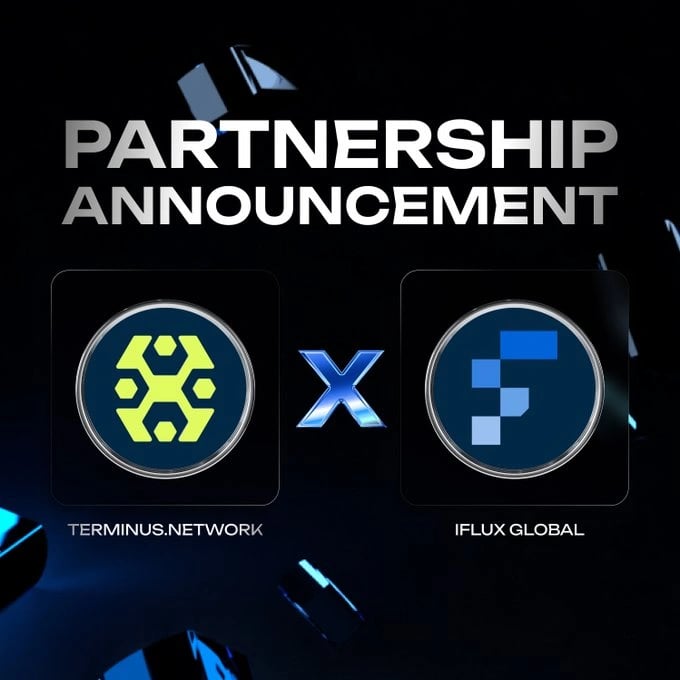
iFlux Global 已与 Flow3 建立合作伙伴关系,Flow3 是一个利用 DePIN(去中心化物理基础设施网络) 技术的去中心化无线网络。Flow3 使 用户可以通过应用程序或浏览器扩展程序共享未使用的互联网带宽和 AI 计算能力来赚取奖励。此次合作旨在探索去中心化基础设施和资源利用方面的新可能性。 [6]
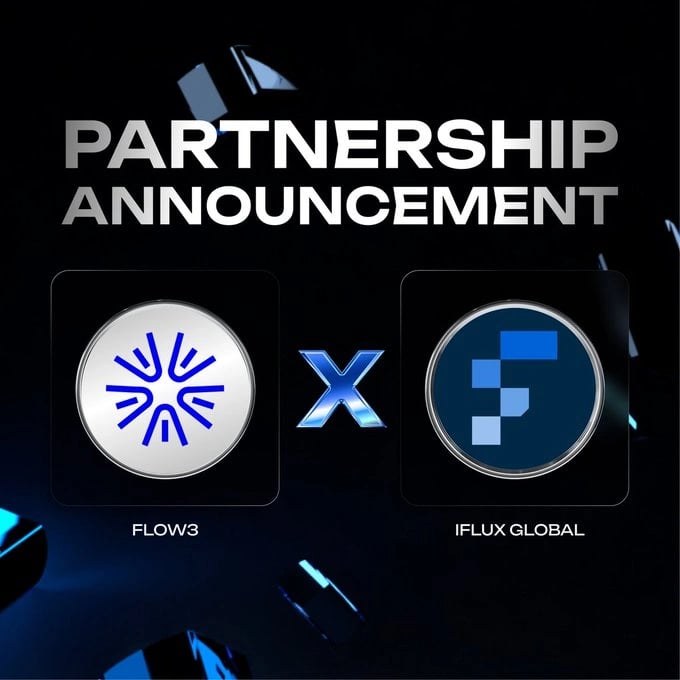
iFlux Global 已与 NOWChain 合作,NOWChain 是一个区块链平台,利用移动证明 (PoM) 共识机制,使智能手机用户能够为交易验证做出贡献。这种方法旨在减少环境影响并促进更易于访问和节能的区块链基础设施。
NOWChain 报告称,已连接钱包超过 426 万个,平均每天交易 55 万笔,每月大约有 6300 万次测试网访问。iFlux Global 和 NOWChain 之间的合作侧重于扩展网络可扩展性,同时支持具有环保意识的区块链解决方案。 [8]
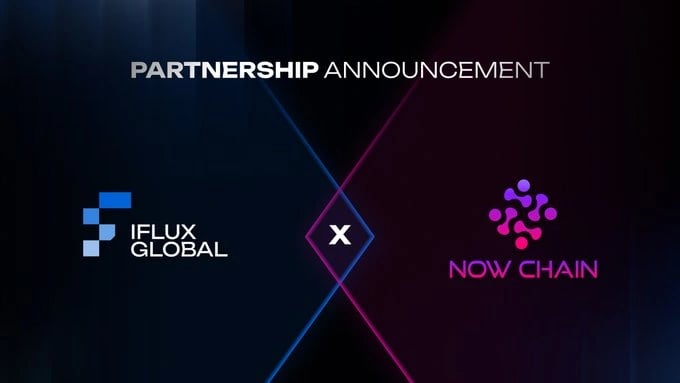
发现错误了吗?
